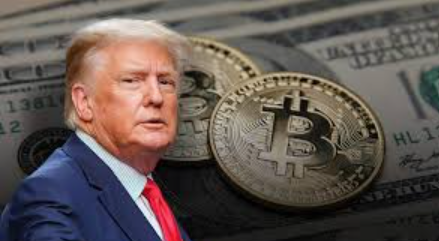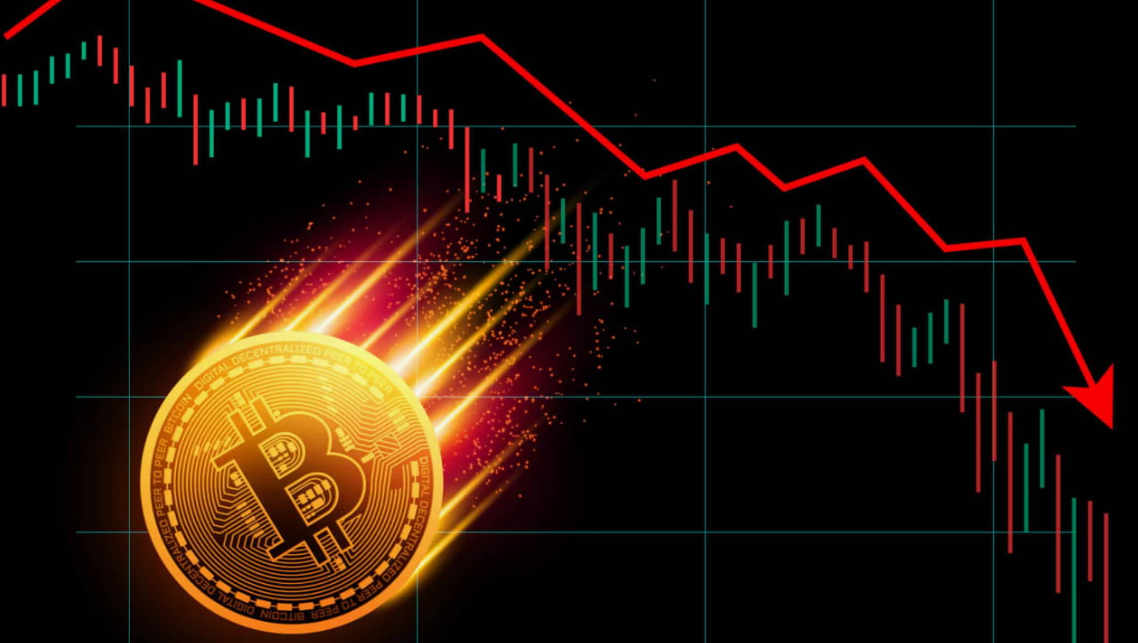Donald Trump’s presidency was marked by strong and often controversial trade policies. From the U.S.-China trade war to renegotiating NAFTA into the USMCA, these moves significantly impacted global markets, including the forex (foreign exchange) market. In this article, we’ll take a closer look at how Trump’s trade policies sent ripples through the forex world and what traders, brokers, and analysts can learn from these events.
If you’re like me and keeping a close eye on the forex market, you know that even a single tweet from a political leader can move currencies. That’s why tools like FXpricing are essential for staying on top of real-time market updates.
Why Trade Policies Impact Forex
Before we jump into Trump’s policies, let’s understand why trade deals matter to forex markets:
- Trade balances affect currency strength.
If a country exports more than it imports, its currency often strengthens. Conversely, a trade deficit can weaken the currency. - Tariffs and sanctions cause uncertainty.
When a country imposes tariffs or sanctions, global businesses adjust their strategies. This uncertainty often increases forex volatility. - Investor sentiment plays a big role.
Political decisions influence investor confidence, which directly impacts currency values.
Now that we’ve set the stage, let’s see how Trump’s policies played out.
Trump’s Key Trade Policies
The U.S.-China Trade War
This was the big one. Trump’s administration placed tariffs on billions of dollars worth of Chinese goods, citing unfair trade practices and intellectual property theft. China retaliated with tariffs on U.S. products, sparking a tit-for-tat economic battle.
How It Affected Forex
- The U.S. Dollar (USD): During tariff announcements, the USD often strengthened due to its status as a safe-haven currency. However, prolonged tensions led to mixed results, with fears of slower economic growth sometimes weakening the USD.
- The Chinese Yuan (CNY): The yuan depreciated during the trade war, partly as a strategic move by China to make its exports cheaper.
Renegotiating NAFTA (Now USMCA)
Trump called NAFTA “the worst trade deal ever made” and pushed for its replacement with the USMCA (United States-Mexico-Canada Agreement). This aimed to boost U.S. manufacturing and reduce the trade deficit.
How It Affected Forex
- Canadian Dollar (CAD): The uncertainty around NAFTA’s renegotiation initially weakened the CAD, but once the USMCA was finalized, the currency regained some stability.
- Mexican Peso (MXN): The peso fluctuated wildly during negotiations, often reacting to Trump’s comments and tweets about Mexico.
Tariffs on European Goods
Trump also targeted the EU with tariffs on steel, aluminum, and even luxury goods like wine and cheese. These measures created friction with key allies.
How It Affected Forex
- Euro (EUR): Trade tensions with the U.S. often led to euro depreciation, as investors feared economic slowdown in the eurozone.
- British Pound (GBP): Although Brexit dominated GBP movements during this time, U.S.-UK trade talks added another layer of complexity.
Ripple Effects on Forex Markets
Increased Volatility
One thing is for sure—Trump’s trade policies kept forex traders on their toes. Currency pairs like USD/CNY, USD/CAD, and EUR/USD saw frequent spikes in volatility during major announcements.
For traders, this meant more opportunities for profit (or loss). Using real-time data and charts, like those available on FXpricing, became even more crucial.
Safe-Haven Currencies Got a Boost
Currencies like the Japanese Yen (JPY) and Swiss Franc (CHF), often considered safe havens, saw increased demand during periods of uncertainty. For instance, when trade talks between the U.S. and China broke down, traders flocked to these stable currencies.
Global Trade Patterns Shifted
As tariffs made some goods more expensive, countries looked for new trade partners. This reshuffling influenced currencies in emerging markets, as countries like Vietnam and India gained attention as alternative manufacturing hubs.
What Can Traders Learn From This?
If there’s one lesson from Trump’s trade policies, it’s that politics and forex are deeply connected. Here’s how traders can prepare for similar situations in the future:
- Stay Updated:
Political news moves markets quickly. Tools like FXpricing provide live updates and analysis to help you act fast. - Diversify Your Portfolio:
Relying too heavily on one currency pair can be risky. Diversification can help you manage volatility. - Monitor Economic Calendars:
FXpricing’s economic calendar tracks key events, like trade negotiations and tariff announcements, giving you a heads-up on potential market movers. - Use Volatility to Your Advantage:
While volatility can be nerve-wracking, it also creates opportunities for skilled traders. Keep an eye on currency pairs most affected by trade policies, like USD/CNY or EUR/USD.
Looking Ahead
Trump’s trade policies may be behind us, but their effects linger. For instance, the U.S.-China trade relationship remains a key driver of forex trends. Future leaders will likely continue to use trade as a tool for economic strategy, so staying informed is critical.
As a trader, broker, or analyst, leveraging the right tools—like FXpricing’s comprehensive suite of real-time data, historical trends, and market analysis—can give you an edge in navigating these complex waters.
FAQs
Q1: How do trade policies affect the forex market?
Trade policies influence forex by impacting trade balances, investor sentiment, and economic growth, all of which affect currency values.
Q2: Why did the U.S.-China trade war affect the forex market?
The trade war caused volatility in the USD and CNY due to tariffs, economic uncertainty, and changing trade balances.
Q3: What are safe-haven currencies?
Safe-haven currencies, like the Japanese Yen (JPY) and Swiss Franc (CHF), are considered stable and less risky during economic uncertainty.
Q4: How can traders manage forex volatility?
Traders can manage volatility by using real-time data tools like FXpricing, diversifying portfolios, and monitoring economic events.
Q5: Why is FXpricing useful for forex traders?
FXpricing offers real-time forex data, live charts, and market analysis, helping traders stay informed and make better decisions.





